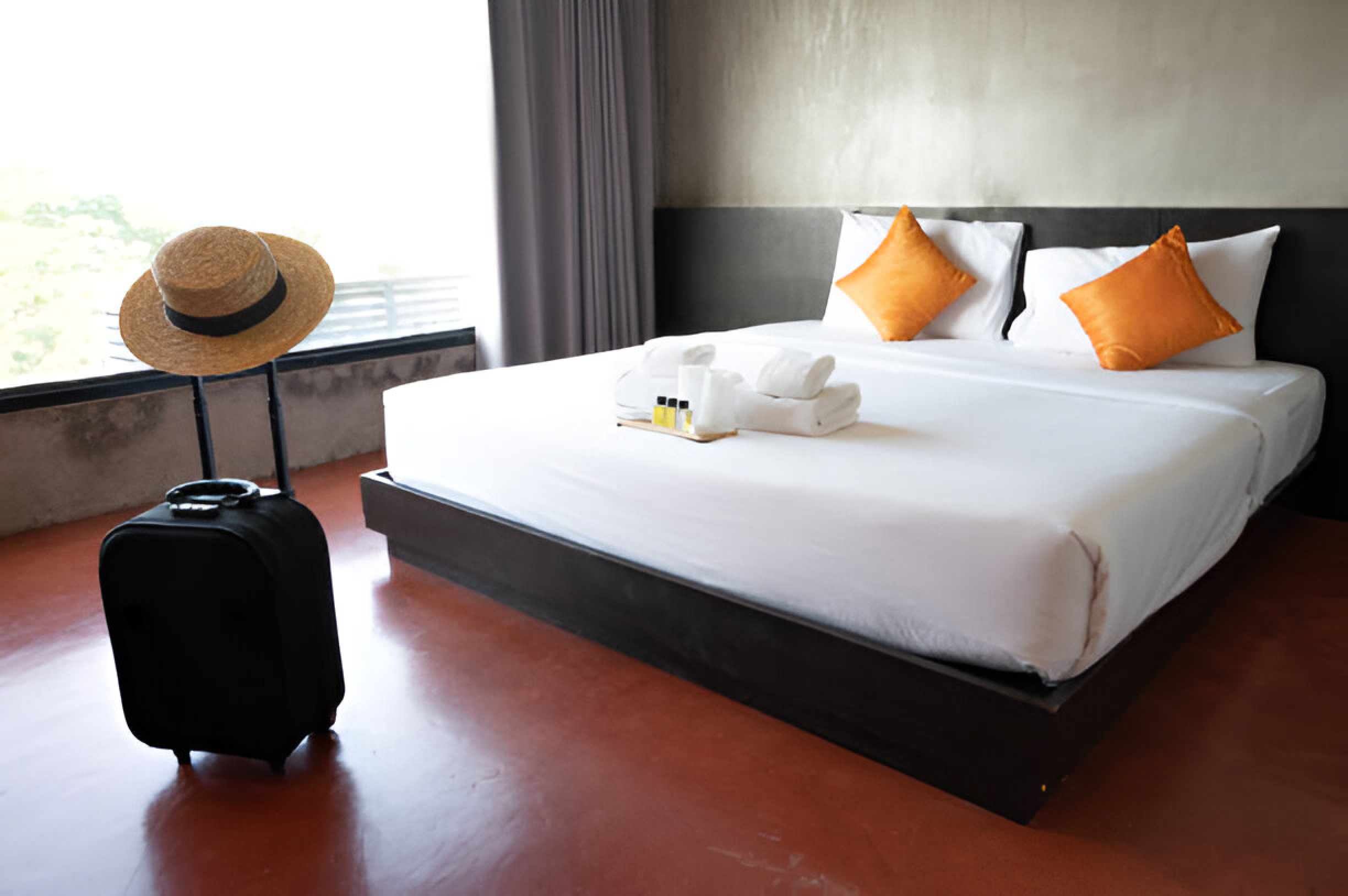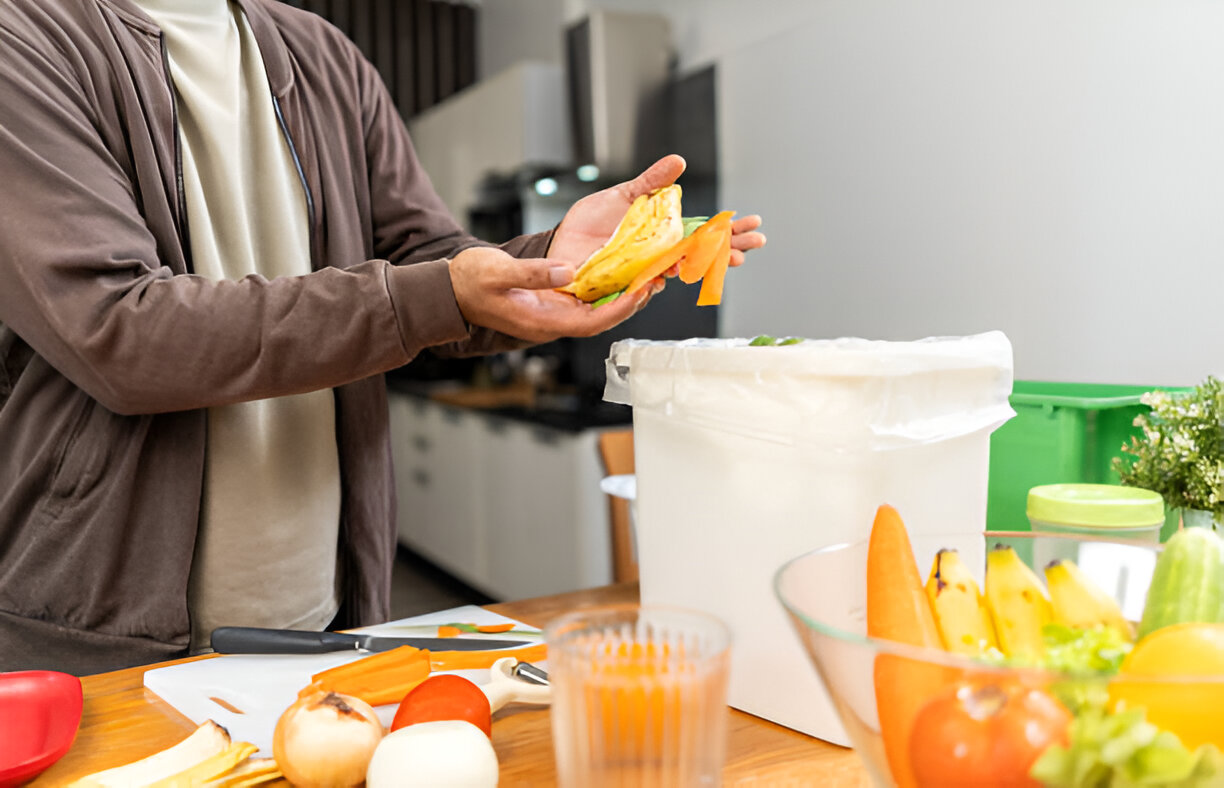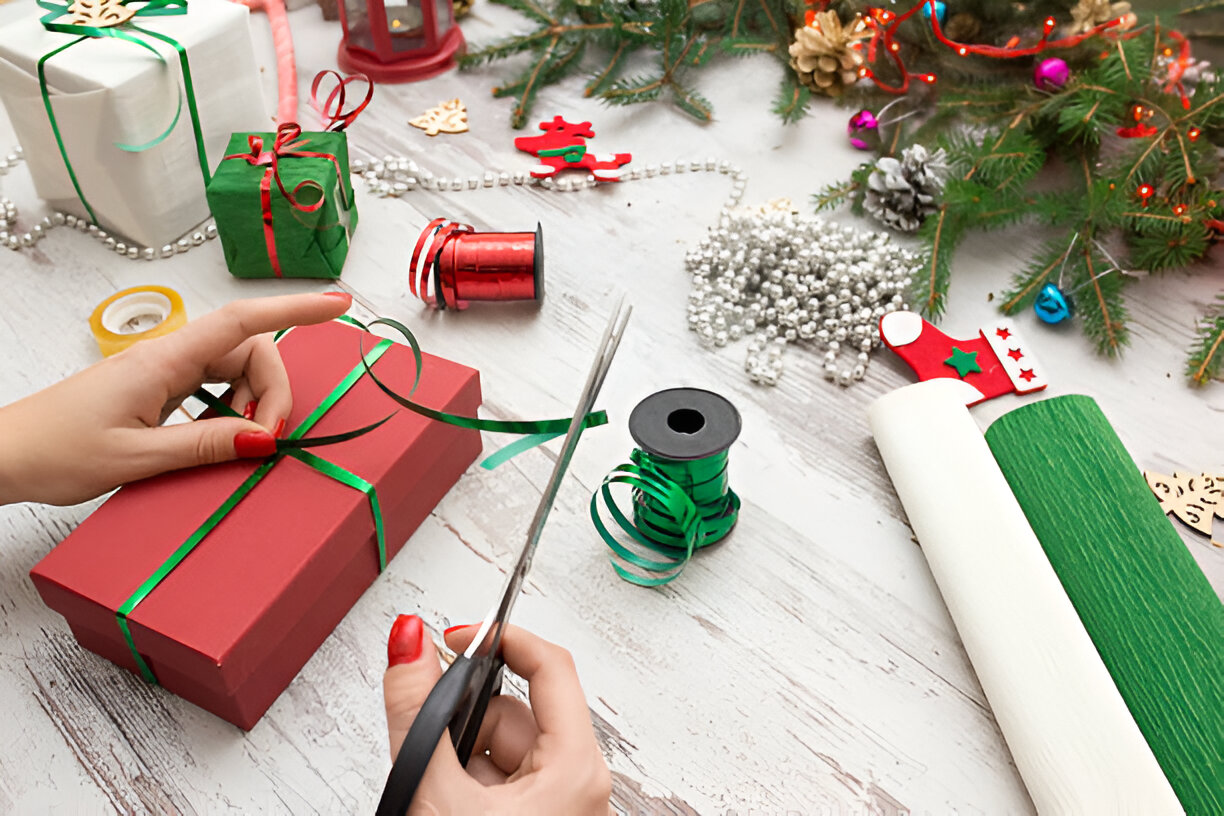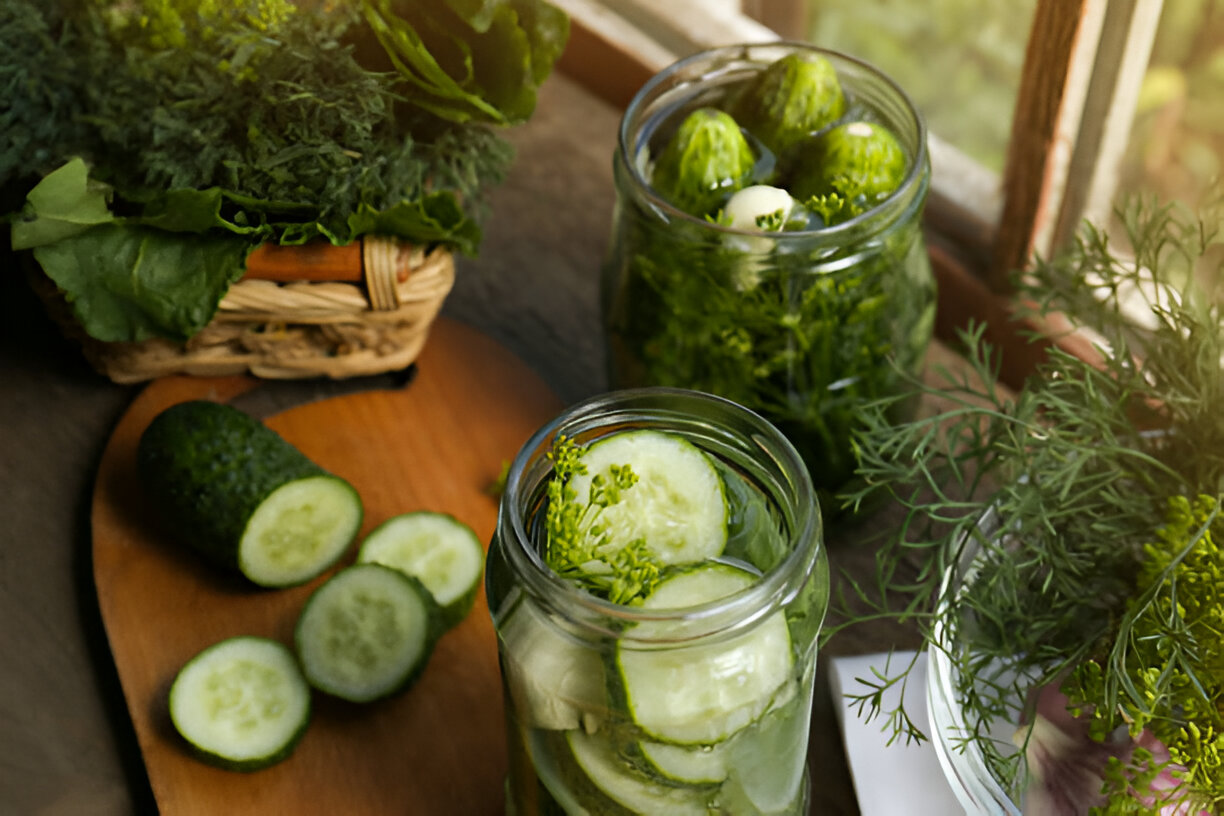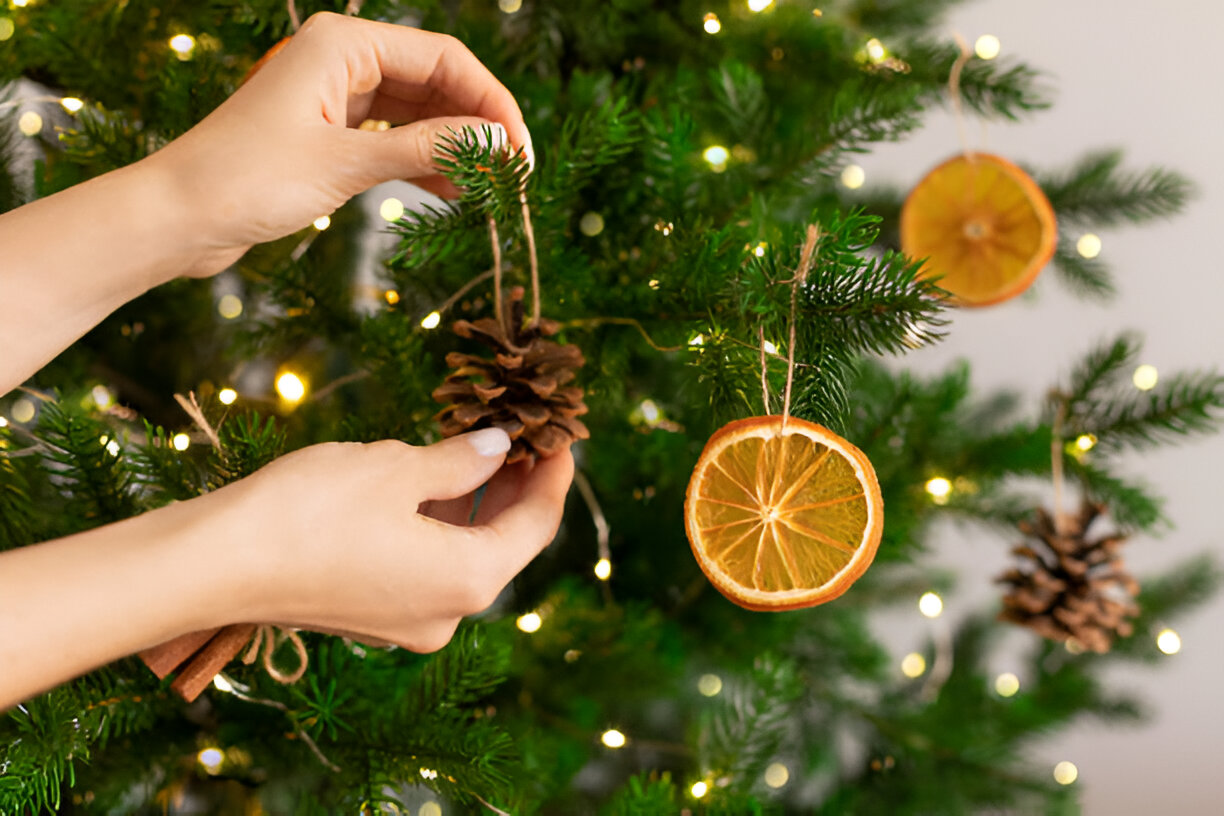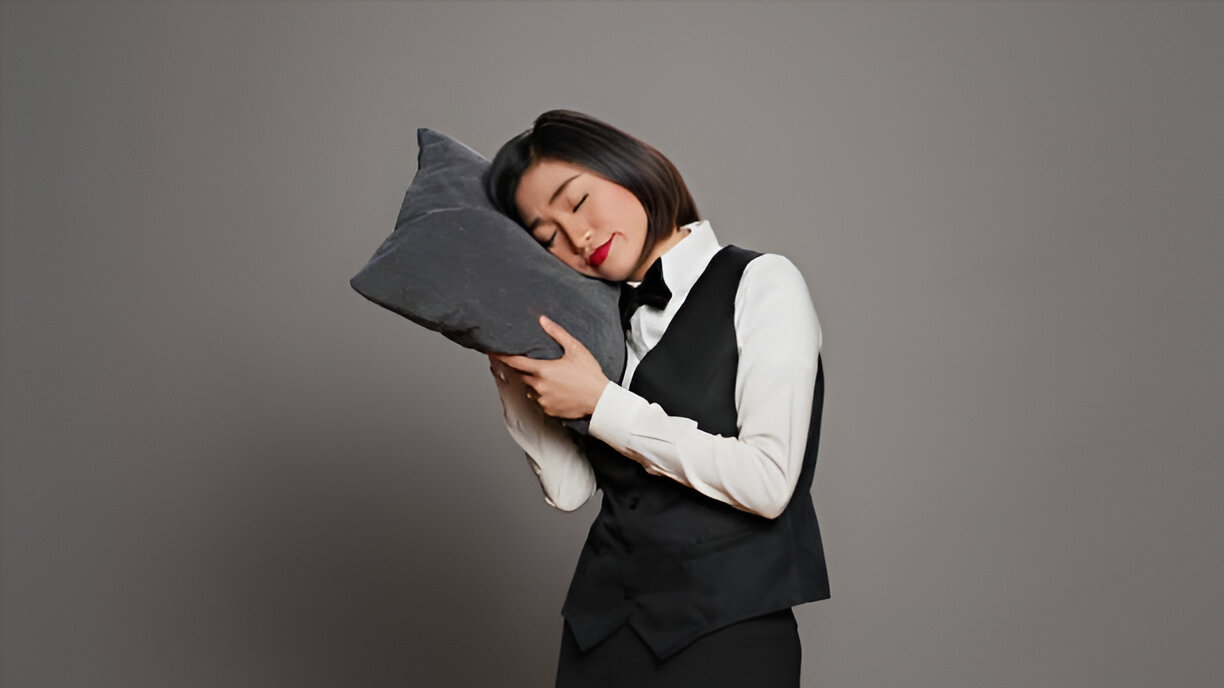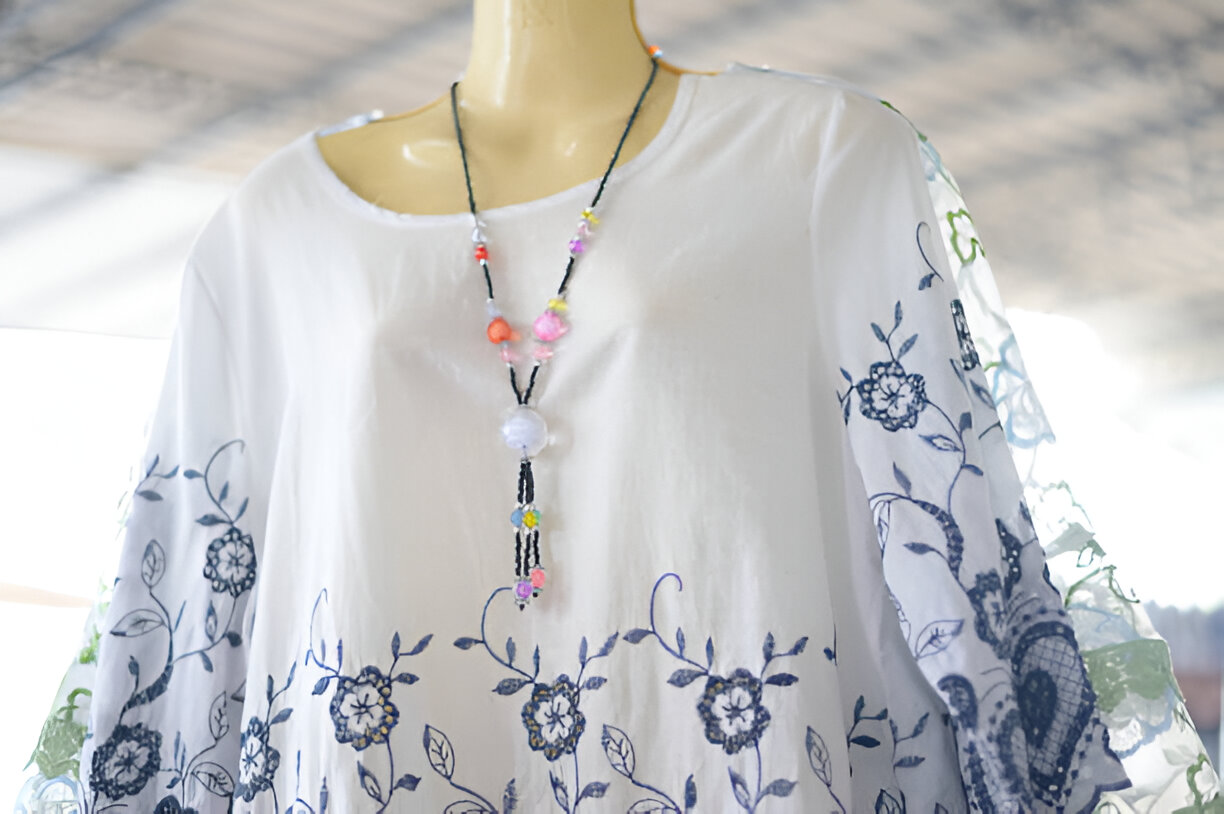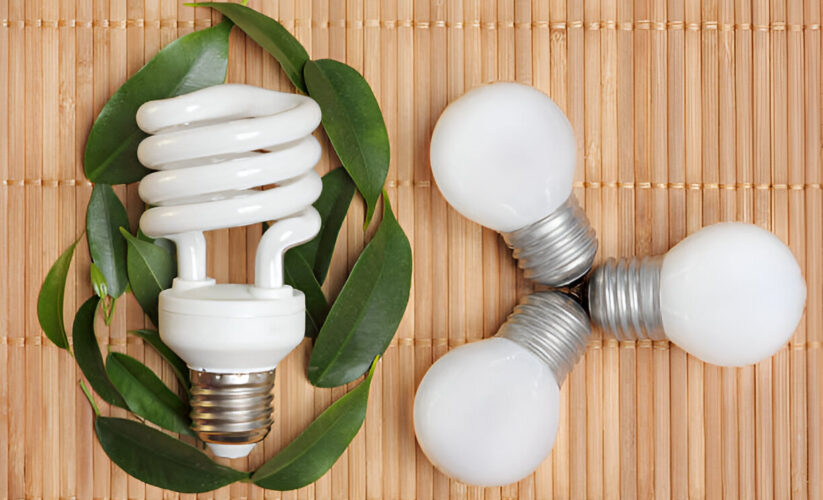
Give Your Home a Green Light
Table Lamps
Whether the goal is to brighten a dark corner or provide reading light, “you can never have too many table lamps in a room,” Rey-Barreau says. A classic tapered shade is best for reading. “It will throw the light vertically and thus onto your page,” he says.
If you'll be doing more intense work, use a task lamp with an adjustable arm and focused light, and reduce eye strain by choosing an LED lamp or a cool-colored CFL (often marked “bright white” or “daylight”). For general lighting, a warm CFL (also labeled “soft white”) comes closest to the glow of an incandescent bulb.
Placing the Lamp
The bottom of a shade should be at eye level, to prevent glare. Arrange task lamps so the bulb is about 15 inches above the work surface.
Table Lamps: Our Picks
Lights Up! Cancan Adjustable Table Lamp ($124; designpublic.com)
Bulb pairing: 13-watt Philips Energy Saver Mini Twister soft white CFL
Roost Mandara Lamp ($250; velocityartanddesign.com)
Bulb pairing: 13-watt Philips Energy Saver Mini Twister soft white CFL 101
CB2 Crane Desk Lamp ($100; cb2.com)
Bulb pairing: Comes preinstalled with three 1-watt LEDs
Fuz Curly Lamp ($35 or $45; uzfarm.com)
Bulb pairing: 23-watt Philips Energy Saver Mini Twister soft white CFL
Pendant Lamps
Hanging lights produce soft illumination and add a wow factor. If the pendant has an open bottom, use a covered-globe CFL to reduce glare.
Placing the Lamp
Hang a pendant so the bottom of the shade is between 5 1/2 and 6 1/2 feet from the floor (depending on the height of the inhabitants and whether they'll be walking below it). If you're hanging one over a table, arrange it about 30 inches from the surface.
Pendant Lamps: Our Picks
IKEA Knappa ($30; ikea.com)
Bulb pairing: 9-watt GE Energy Smart soft white CFL globe
West Elm Woven Pendant ($200; westelm.com)
Bulb pairing: 9-watt GE Energy Smart soft white CFL globe
Room & Board Banded Medium Pendant ($149; roomandboard.com)
Bulb pairing: 23-watt Philips Energy Saver Mini Twister soft white CFL
Moso Endgra in Pendant Lamp ($288 or $318; branchhome.com)
Bulb pairing: Comes with a 19-watt Longstar soft white spiral CFL for the large, and 13-watt TCP soft white spiral CFL for the small
Floor Lamps
These models are great for squeezing into tight spaces and providing a layer of illumination between a table and overhead lights. Again, use a cooler bulb if the lamp will be used for reading.
Placing the Lamp
If a floor lamp is more than 3 feet above your head when you're sitting, the harsh light of the bulb will be visible. Adjust the height or place the lamp farther from your sitting area.
Floor Lamps: Our Picks
Noguchi Reverse Pod Floor Lamp ($400; roomandboard.com)
Bulb pairing: 13-watt Philips Energy Saver Mini Twister soft white CFL
JC Penney Studio LED Floor Lamp ($100; jcpenney.com)
Bulb pairing: Comes preinstalled with 60 1-watt LEDs
Target 3-Way Resin Bamboo Floor Lamp ($160; target.com)
Bulb pairing: 50-100-150-watt Philips Energy Saver three-way soft white CFL
CFLs vs. LEDs
LEDs are mercury-free and last 10 times longer than CFLs. But LED technology is newer, so the glow LEDs cast is colder, and the bulbs aren't as affordable or widely available.
CFLs: How to Pick the Wattage
CFLs use less energy than incandescents, so the wattage will be lower for the same amount of light. The packaging usually indicates the incandescent equivalent; you can also divide a lamp's recommended wattage by four.





